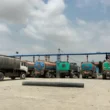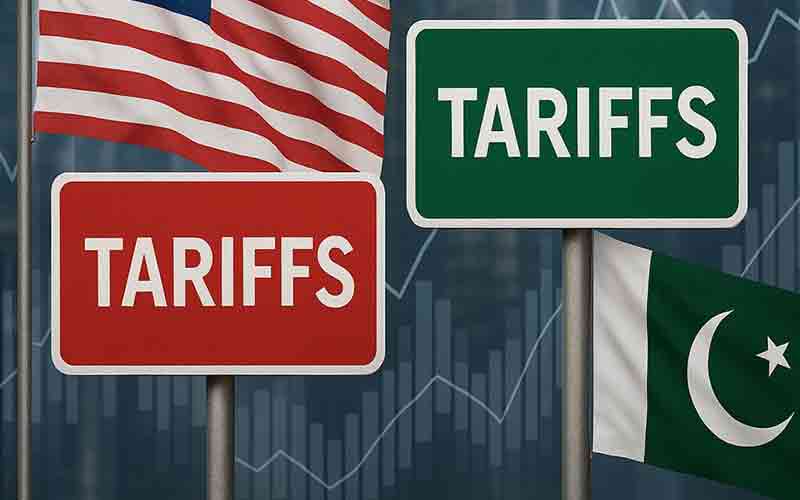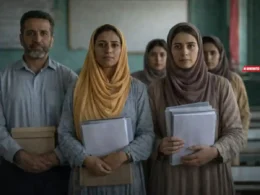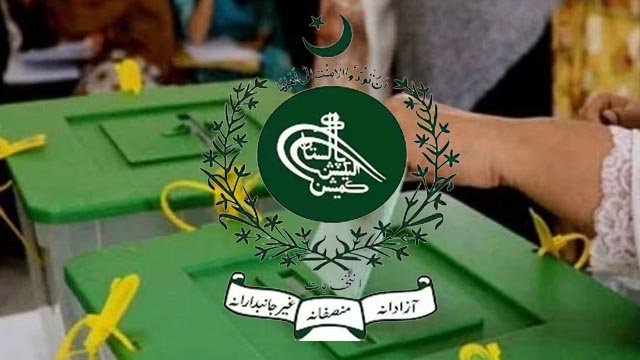Multinational companies and trade experts in Pakistan have differing views on the recent 29 percent reciprocal tariff imposed by the United States, with some viewing it as a challenge, while others believe that counter-tariffs are not an option for Pakistan.
According to M. Abdul Aleem, Secretary General and CEO of the Overseas Investors Chamber of Commerce and Industry (OICCI), the new tariff rate is “still lower than many other regional countries” and should not be seen as a threat. Instead, he sees this as a chance for Pakistani exporters to innovate and adapt.
“Pakistan can become a processing hub for exports from high-tariff countries,” Aleem said, recalling how Chinese exporters once expressed interest in shifting production to Karachi due to rising labour costs in China – an opportunity Pakistan failed to seize.
He questioned whether Pakistan is ready to move away from an “easygoing approach” and instead commit to transformative changes to improve its economic prospects.
However, Ehsan Malik, Chief Executive of the Pakistan Business Council (PBC), warned against retaliatory tariffs, stating, “Counter tariffs are not an option for Pakistan, and neither is geopolitical leverage.”
READ: Trump signs executive orders, imposes 29pc tariff on Pakistan
Malik stressed the importance of maintaining duty-free access to the European Union under the GSP+ scheme, highlighting that Pakistan’s exports to the EU significantly surpass those to the US.
Malik advised exporters not to ignore environmental, social, and governance (ESG) standards or diversity and inclusion (DEI) values, even if some US buyers are less focused on these concerns.
He added that Pakistan is likely to benefit in the short term, as American consumers may shift to lower-cost imports like Pakistani textiles due to rising prices.
Still, he acknowledged the inevitable drop in demand and noted Pakistan’s current export mix lacks the quality and volume of regional competitors such as China, Vietnam, and Bangladesh.
“Even with EU duty-free access, our exports pale in comparison,” he said, urging textile exporters to work on bridging the quality gap.
Malik emphasized that for Pakistan to strengthen exports, government support in the form of energy and tax policy reforms is essential.












